Publications
Articles, publications, books, tools and multimedia features from the U.S. Institute of Peace provide the latest news, analysis, research findings, practitioner guides and reports, all related to the conflict zones and issues that are at the center of the Institute’s work to prevent and reduce violent conflict.
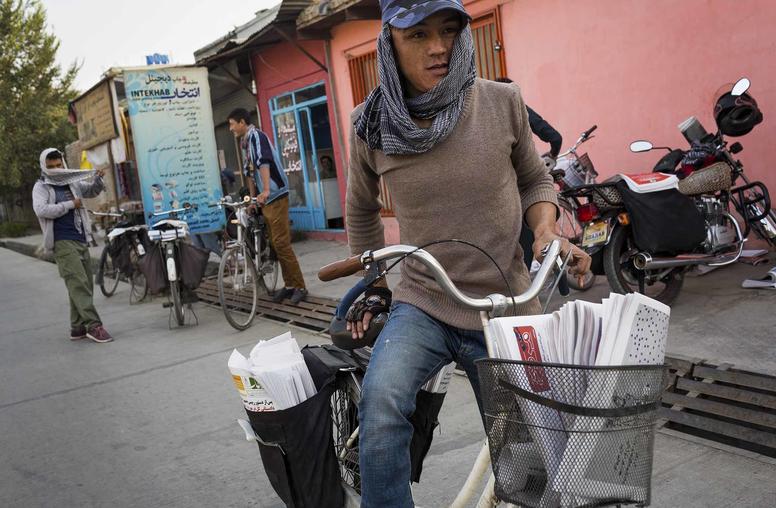
ISIS Seeks to Threaten Afghan Democracy with Latest Assault
With last week’s attack aimed at discrediting the electoral process and dissuading Afghans from participating, the Islamic State has made clear that it intends to suppress Afghanistan’s democratic development. Afghanistan’s burgeoning independent media is one of the country’s major success stories and most-trusted institutions.
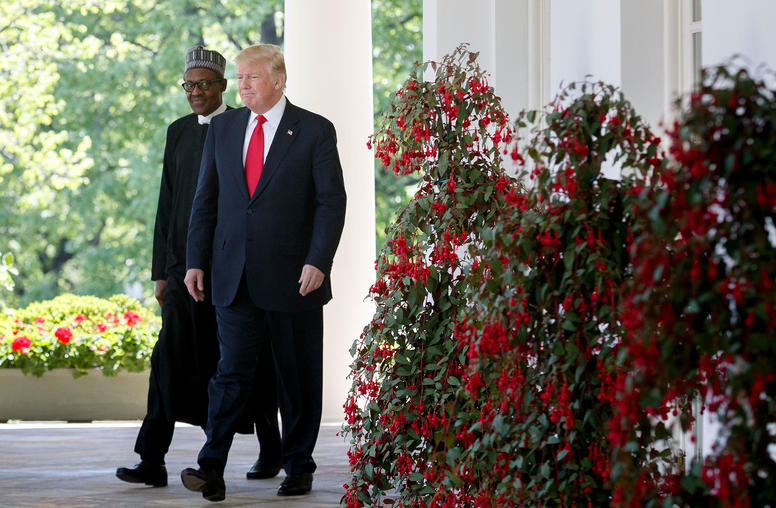
Democracy and Security in Africa Depend on Nigeria
When Nigerian President Muhammadu Buhari met with President Trump on Monday, much attention was paid to the importance of counterterror efforts and economic investments that will help the country continue its climb out of its deep recession. These are both critical areas for U.S. focus and assistance, but will not ultimately be sufficient to resolve Nigeria’s internal and regional security challenges.
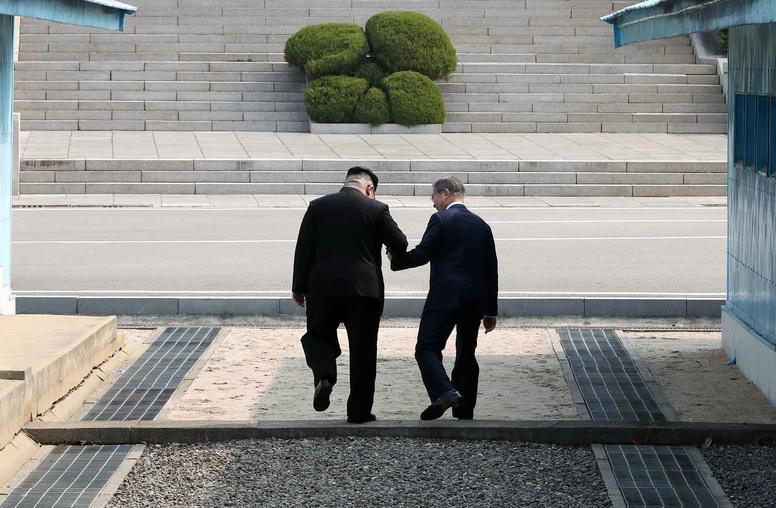
Panmunjom: Will the Pageantry Lead to Peace with Pyongyang?
At a historic inter-Korean summit Friday, North and South Korean leaders pledged to work to remove all nuclear weapons from the Korean Peninsula and declare an end to the Korean War within a year. Whi
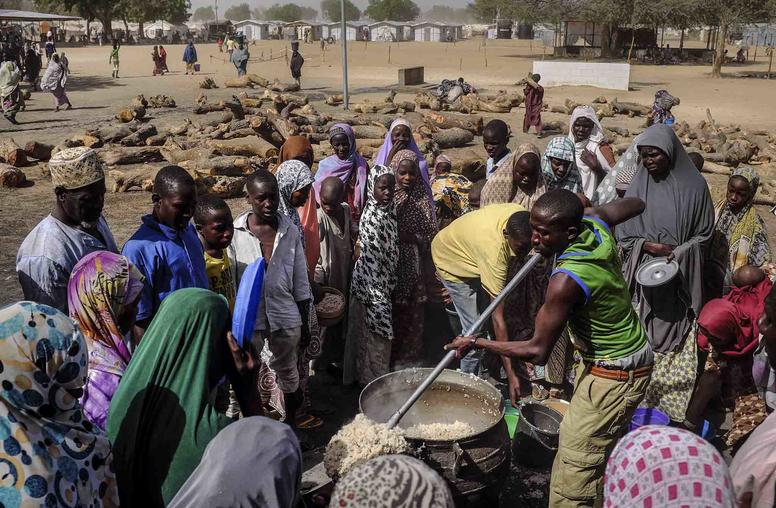
Trump Meets Nigeria's Buhari Amid Lake Chad Crisis
When President Donald Trump meets Nigerian President Muhammadu Buhari on April 30, problems of terrorism and security across much of Africa’s Sahel region will get renewed media attention. Although the Boko Haram extremist group has been forced back from the large territories it once ruled and terrorized, its militants still carry out attacks. And groups linked to al-Qaeda and ISIS continue to operate in the Sahel, pursued by a U.S.-backed multinational military force. Talks at the White House will focus on broader issues of democracy and stability for Nigeria and the surrounding region.
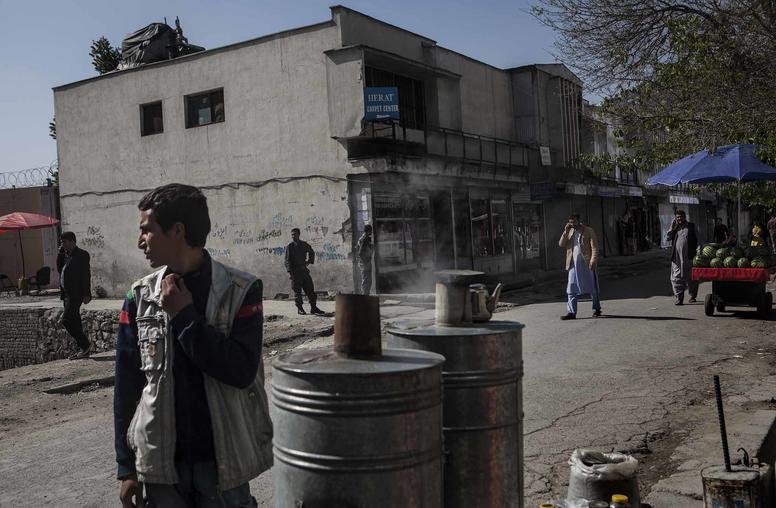
ISIS Attack on Afghan Voting Center Aims to Sow Ethnic Division
In Afghanistan, the Islamic State has claimed responsibility for a suicide bombing at a Kabul voting center that killed at least 60 people, including 22 women and eight children. More than 130 people were wounded, and Afghan police say many of the victims were waiting in line outside the center attempting to receive national identity cards in order to vote. Parliamentary elections are scheduled for October, but could be derailed by continued violence, low voter registration, and a lack of confidence in the electoral process. USIP expert Scott Worden analyzes what potential impact this incident and any future attacks could have on Afghanistan's electoral process.
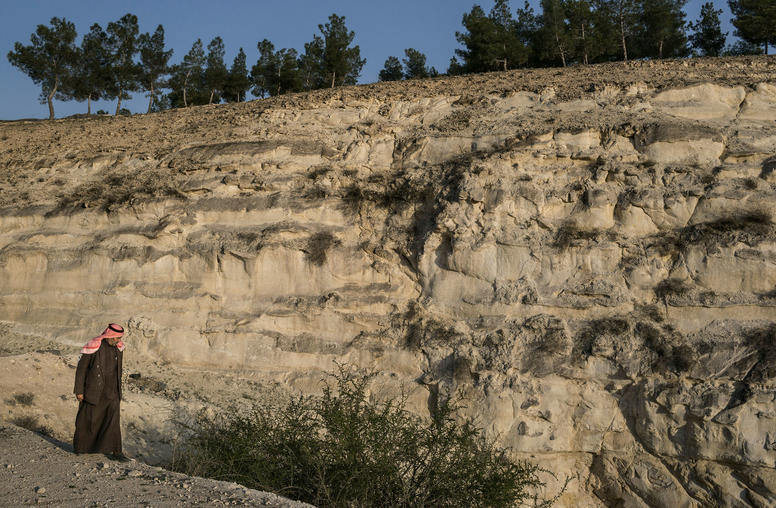
What is Next for U.S.-Turkey Relations?
Relations between the United States and Turkey have come under increasing strain in the past two years over the U.S. role in Syria and Ankara’s strengthening ties with Russia. American support for Kurdish forces battling ISIS has angered Turkey, which sees the cooperation as bolstering Kurdish nationalist elements inside its borders. USIP Board member Eric Edelman, a former U.S. ambassador to Turkey during the George W. Bush administration, and USIP International Advisory Council member Jake Sullivan, who served as Vice President Joe Biden’s national security adviser, provide some insight on the state of Turkish-American relations.
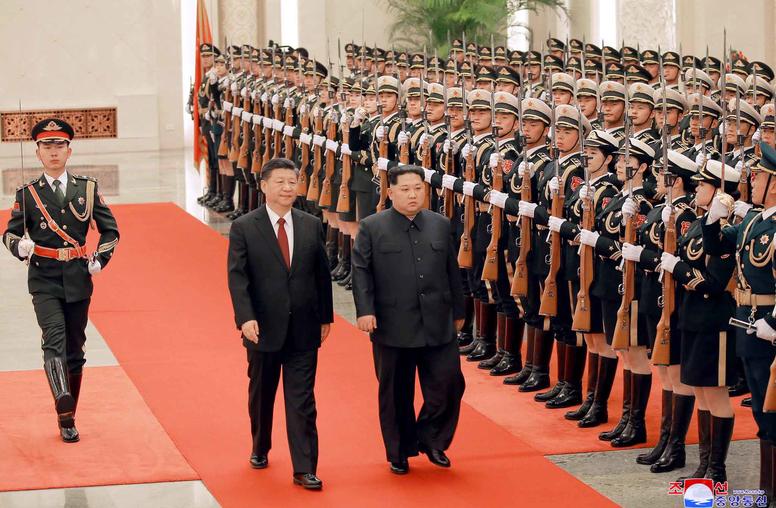
North Korea and China: The Endgame Behind the Headlines
In the fast-moving diplomacy over North Korea’s nuclear program, the long-term interests of the country’s powerful neighbor China don’t make headlines. Yet behind China’s tactical moves such as President Xi Jinping’s meeting with North Korean leader Kim Jong Un last month lie strategic questions about what China—vital to any resolution of the North Korea nuclear issue—envisions as a satisfactory end state for the Korean Peninsula.
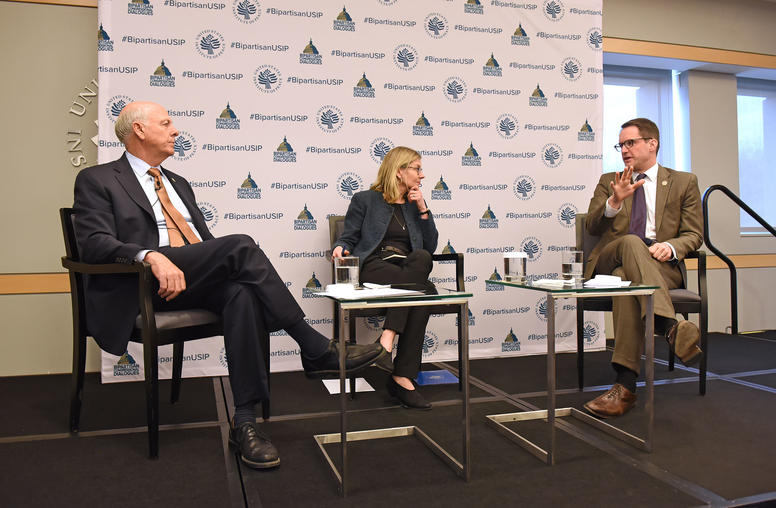
Evolving Cybersecurity Threats Require Bipartisan Approach
We live in an age of immense technological innovation and disruption. While these technologies make our lives easier, criminal groups and terrorist networks have the tools to exploit them, as policymakers struggle to keep up with rapid pace of change. Terrorist groups like the Islamic State and rogue regimes like North Korea employ these technologies to illicitly finance their operations, often using cryptocurrencies in order to evade detection. Despite the partisan rancor in Washington, Republican and Democrat members of Congress are coming together to counter illicit financing and wrestle with these emerging policy challenges.
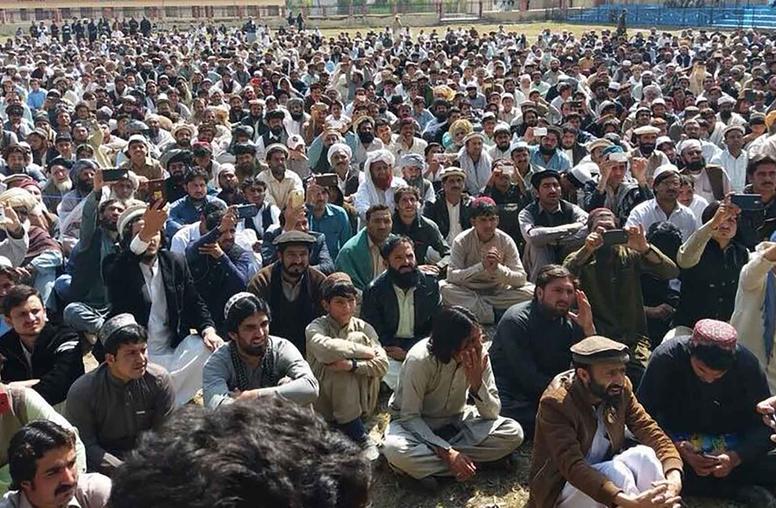
Could Pakistan’s Protests Undercut Taliban and Extremism?
Tens of thousands of ethnic Pashtuns have held mass protests in Pakistan in the past three months, demanding justice and better governance for their communities. The largely youth-led protests forged an organization, the Pashtun Tahafuz Movement (“tahafuz” means “protection”), that has broadened its goals to include democracy and decentralization of power in Pakistan. The movement reflects demands for change among the roughly 30 million Pashtuns who form about 15 percent of Pakistan’s population, the country’s second-largest ethnic community.
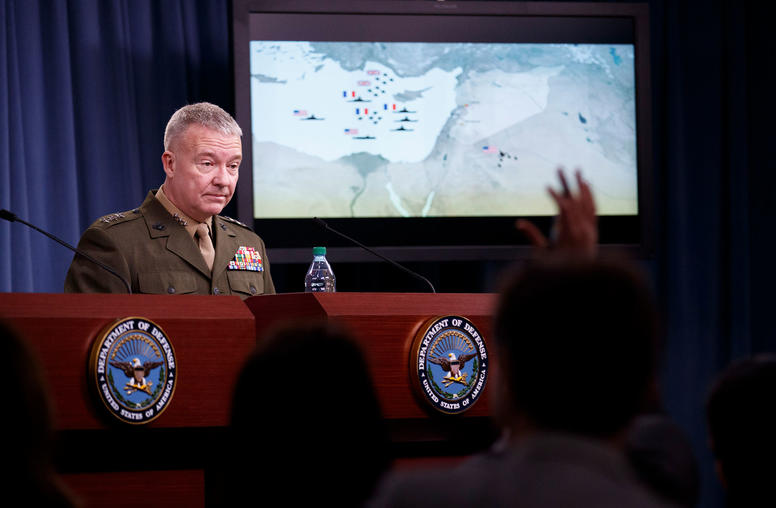
Q&A: After Airstrikes, What’s Next for the U.S. in Syria?
On Friday evening, the United States, together with Britain and France, launched a joint military operation in response to the Syrian regime’s April 7 chemical weapons attack on Douma. The Douma attack left more than 40 civilians dead and several hundred experiencing symptoms of exposure to toxic chemicals. The coordinated airstrikes hit three targets associated with Syria’s chemical weapons infrastructure: a scientific research center, a chemical weapons production facility, and a chemical weapons storage area. Around this time last year in April 2017, the Trump administration launched a unilateral cruise missile strike on the Shayrat airfield following a sarin attack by the Syrian regime on the town of Khan Shaykhoun, which killed more than 90 civilians. U.S. Institute of Peace Senior Advisor for Syria Mona Yacoubian provides some insight into the airstrikes and the challenges that lie ahead.